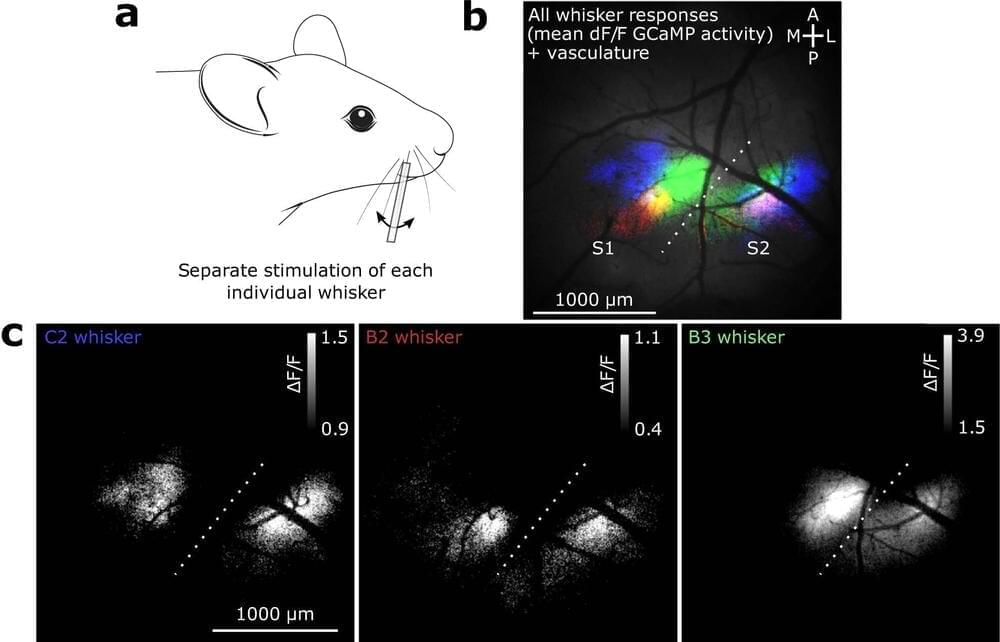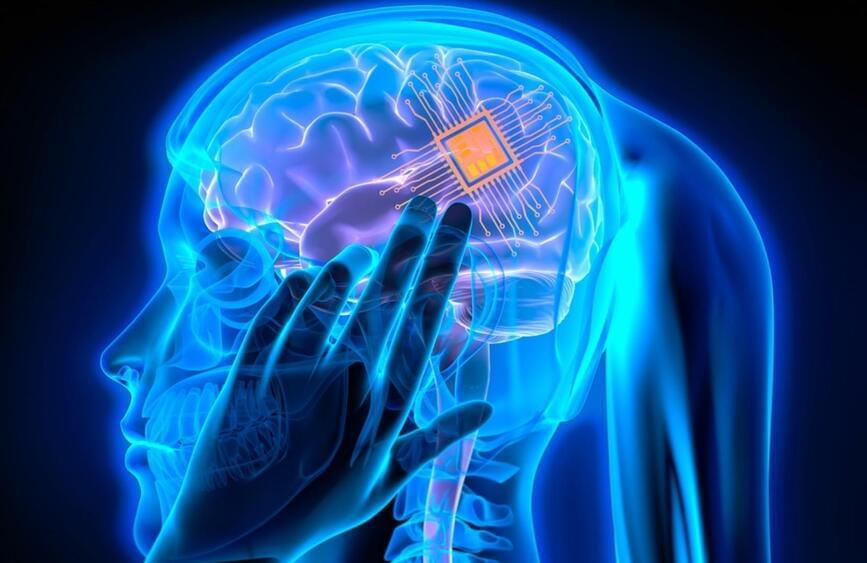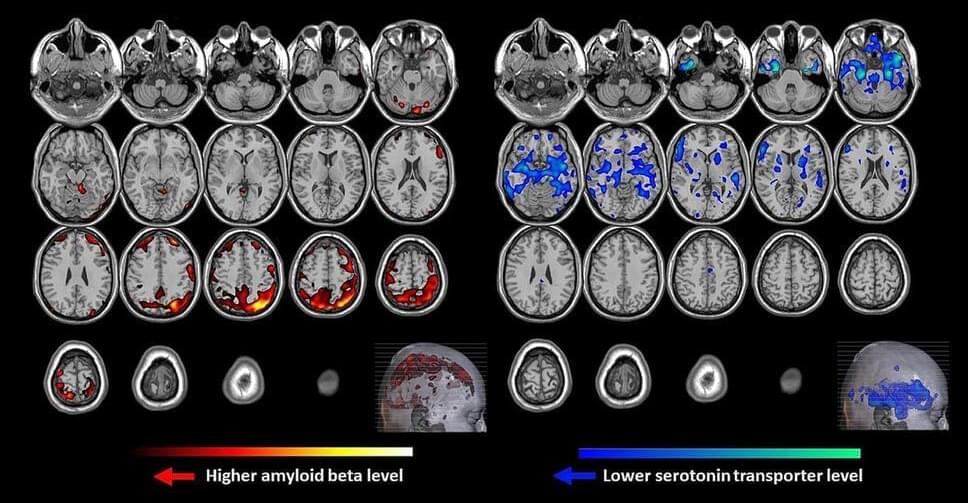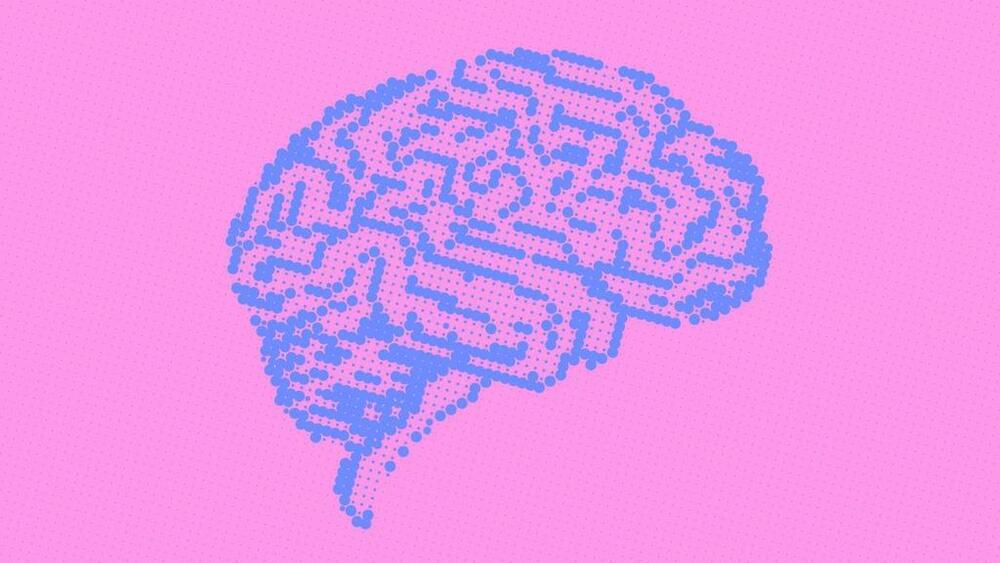Dr. Cody Visits Kernel Neuroscience Headquarters and tries on the Kernel Flow.
►►► INSTAGRAM (Behind The Scenes with Cody Rall MD):
https://www.instagram.com/codyrall_techforpsych/
►►► Dr. Cody’s presentation to Harvard/Digital Psychiatry: https://www.sodpsych.org/events.
►►► Kernel Lab and Aimlab footage posted with permission from Kernel: https://www.kernel.com/ and https://www.youtube.com/channel/UCXifD9arenz_20VlzLDHbwA
Cody Rall, M.D., is a United States Navy trained Psychiatrist who specializes in neurotechnology wearables. He is a co-founder of Stanford Brainstorm, the world’s first academic laboratory dedicated to transforming brain health through entrepreneurship.
Dr. Rall also served as a selection judge and team member of the psychiatry innovation lab, an annual national competition at the American Psychiatric Association that works as an incubator for groups developing technological solutions to problems in mental health care. He is the founder of Techforpsych, a media and relations company that covers advancements in technology related to neuroscience.






